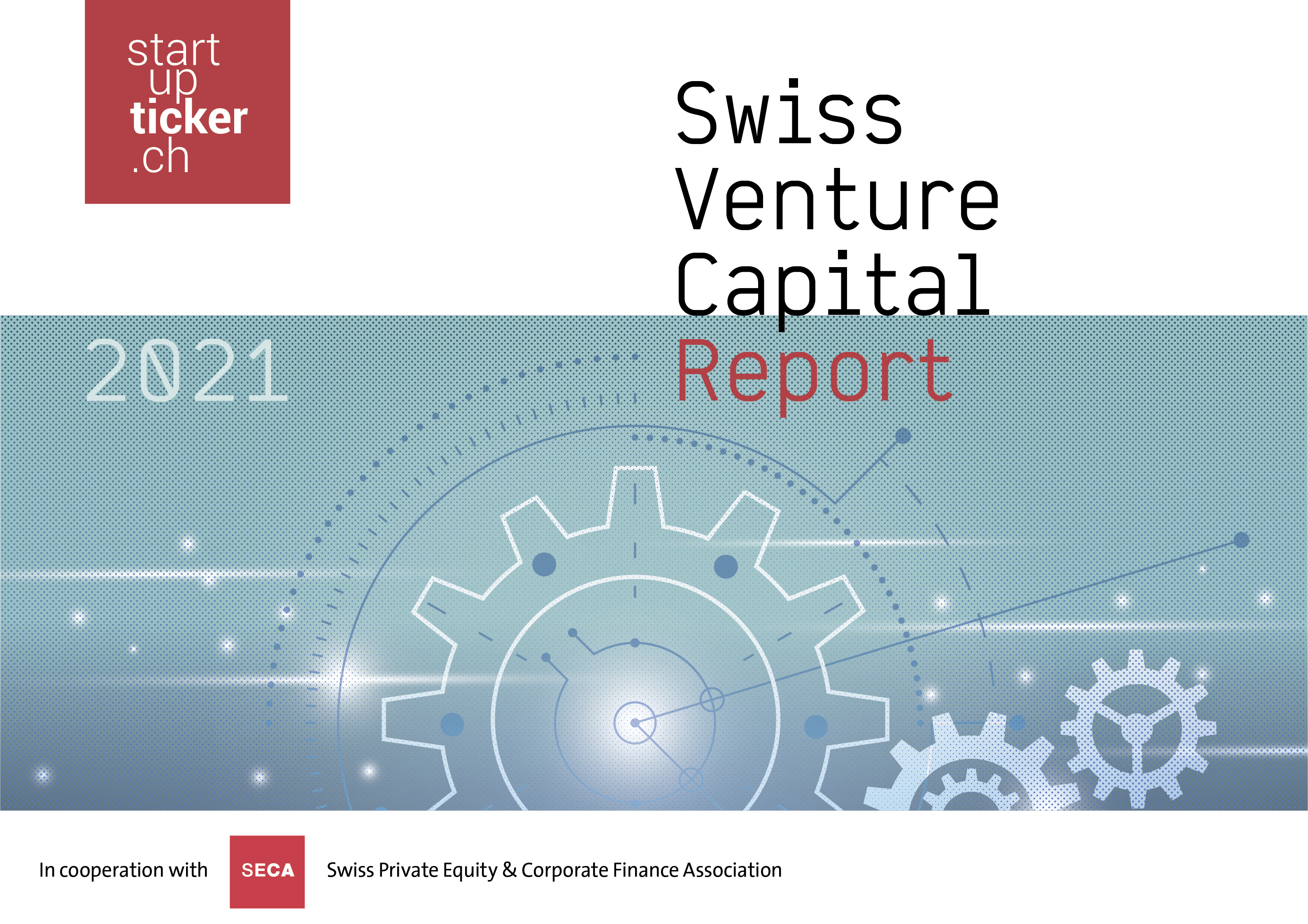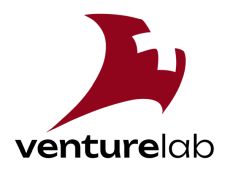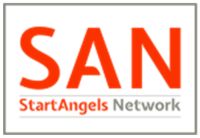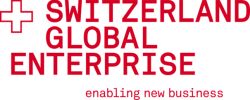December 6, 2024
More than just relatively large
Dear reader
The current financing crisis poses major challenges for start-ups. This year’s edition of Swiss Startup Radar offers a series of data-based analyses that show how the Swiss start-up scene compares internationally in terms of investments, exits and liquidations, and identifies early indicators that may herald an upturn. It also includes analysis of cross-border venture capital investments, the failure rate of Swiss start-ups, and the number and growth of local start-ups in an international comparison. The magazine and a presentation with the most important results can be downloaded from our website. You can also order your personal print copy in your profile.
Every year Swiss Startup Radar highlights the ecosystem’s strengths and weaknesses based on data. One strength that always surprises me personally is its sheer size. Between 2019 and 2023, about 1,000 start-ups were founded in Switzerland that were able to attract investor money – three times more than the average OECD country. The number is high not only in relation to the size of the country, but also in absolute terms: the ecosystem is one of the largest of the OECD countries.
These start-ups can be seen in the numerous awards, accelerator programmes and funding initiatives, such as the Boldbrain Challenge awards ceremony, which took place this week in Lugano. More about the winners can be found in our article. We also publish the names of the 10 start-ups that have received a loan guarantee from the Technology Fund over the last six months. Another four sustainable start-ups are supported by Zurich’s KlimUp programme, and the Baselaunch programme has also accepted new start-ups.
Five companies that have recently been awarded the Innosuisse certificate are presented in another article: cleantech start-ups are well represented here. Our report on Kickstart reveals which start-ups have concluded deals with successful companies and organisations. And last but not least, we write about the new holders of the SEF.Growth High Potential Label.
One of the start-ups awarded the label – Tide Ocean – has secured a growth loan from UBS Switzerland. There was also good news in terms of venture capital investments: Liom raised USD 25 million to advance its non-invasive glucose monitoring device, and digital finance platform Brighty attracted USD 10 million.
Next week, EPFL Investor Day will take place in Lausanne on Tuesday, with the second part in the afternoon open to the public. The Tech4Eva Conference will also take place in Lausanne on Monday.
The registration window is currently open for a number of awards: the deadline for the IMD Startup Competition is 23 December. I would also like to point out a fact-finding mission to Berlin for digital health start-ups: registration is open until 13 December.
Have a good weekend.
Stefan Kyora
Editor in Chief, Startupticker.ch






































 The new Swiss Venture Capital Report was published on 26 January. It analyses 304 financing rounds closed in 2020 and includes further article such as an interview with Michael Hengartner, President of the ETH Board, and a list of Swiss "soonicorns".
The new Swiss Venture Capital Report was published on 26 January. It analyses 304 financing rounds closed in 2020 and includes further article such as an interview with Michael Hengartner, President of the ETH Board, and a list of Swiss "soonicorns". 



















































